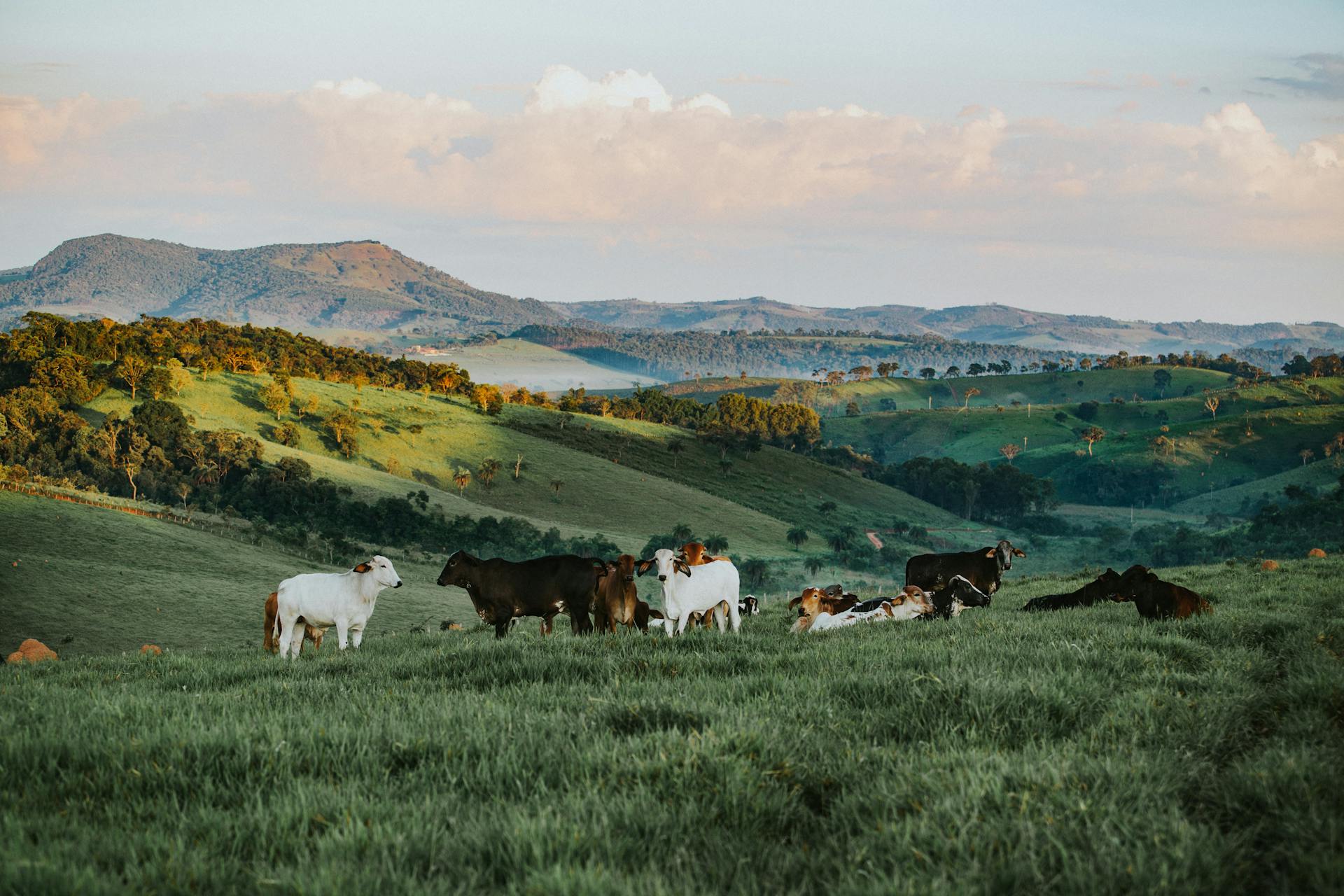
Pretty Nuts
We love the Jaguara farms in Brazil for their creamy and nutty profiles with a touch of funkiness. This extended fermentation natural is the perfect balance between peanut butter and slight booziness with a cacao finish.
DAK Coffee Roasters
Country
Brazil
Region
Minas Gerais
Altitude
1100m above sea level
Farmer
Natália Brito & André Luíz Garcia
Variation
Aroma Profile
Process
Natural




